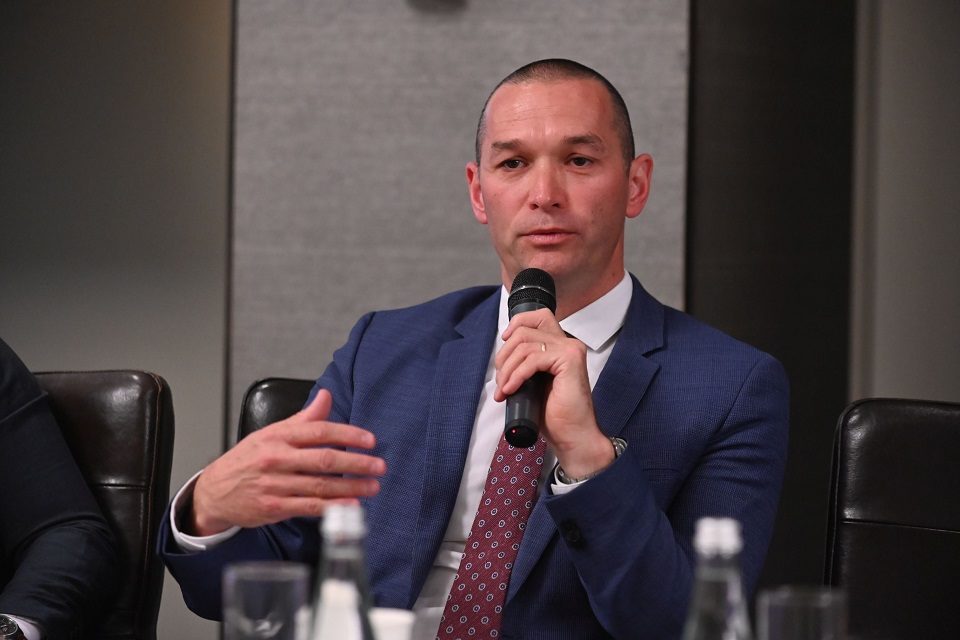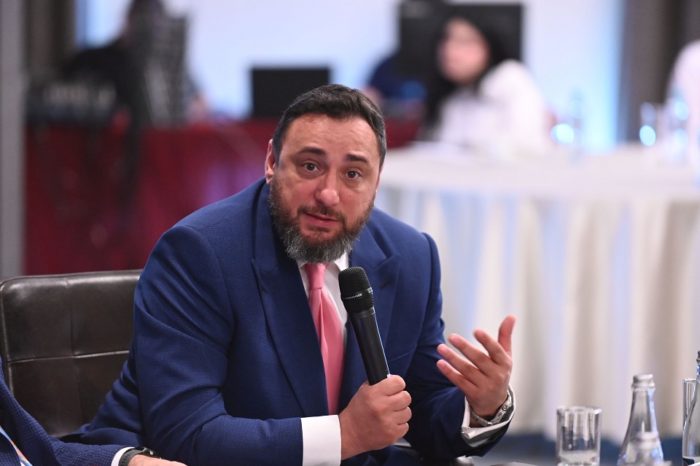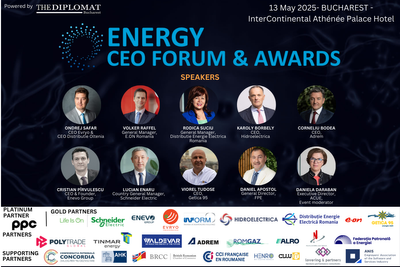Zoltan Nagy-Bege, ANRE: “Energy prices will certainly not be low in Romania from now on”

“Energy efficiency is now more important in the context of this energy crisis that has been tormenting us for some time. The main cause of the crisis is an imbalance between demand and supply. For this reason, electricity and natural gas prices have increased in the last two years. This imbalance can be treated in two or three ways. You increase production, which is a little more difficult because on the production side the inflexibility is a little higher, or you decrease consumption, which is exactly the goal of energy efficiency. In the ideal version, we are concerned with both the increase in production and the decrease in consumption,” Zoltan Nagy-Bege, vice-president, ANRE said during Energy Efficiency for Sustainable Business Conference organized by The Diplomat-Bucharest.
“I was criticized in 2018-2019 for a statement in which I said that the main barrier to energy efficiency measures is the price of energy. Household consumers considered that energy is not cheap in Romania. If we compare today’s prices with the prices of 2019 or last year’s prices, we can conclude that energy prices were really low in Romania.
When prices are low, very few people care about energy efficiency measures, because the impact of energy costs in the household or company budget is relatively small.
This crisis came and took many of us by surprise. As a comparison, I see things from the perspective of the health system. Many of us are used to periodically going for a check-up. Many people do not do this and only go to the doctor when they are sick.
In the case of those who do analyses, sometimes there are alarm signals, red flags regarding the health of the body and people have the opportunity to react to these signals and treat possible diseases or avoid very serious diseases.
Those who do not go for tests, at some point they get sick, go to the doctor, receive many medicines and recover or not.
Returning to the energy sector, these periodic analyzes are equivalent to energy audits. If we do them, we can see certain red flags and act in such a way as to treat some vulnerabilities of the company or the household. We don’t expect a household to do an energy audit, but it would really be the case for companies.
If there is an energy audit, we can react in time, reduce consumption, encourage some technologies that are more efficient. Of course, there are situations when energy prices in the market are low, and these investments are more difficult to recover. But as soon as prices rise, the rate of recovery becomes much more spectacular.
In our situation, ordinance 27 and the other ordinances by which the prices were compensated represent those medicines that had to be given to the patient at the moment we found that he got sick.
These ordinances have indeed avoided many unfortunate cases in domestic consumers as well, and even bankruptcies in the case of non-domestic consumers. It is a necessary treatment that has probably avoided illness or even death for many, but we have to see what comes next because, once again, the price has started to drop in the market. It’s as if we tend to forget that we already had a crisis, we are happy that the price of gas is again approaching 30 euros per megawatt-hour or that the price of electricity has dropped below 100 euros per megawatt. The price of energy, from now on, will certainly not be low in Europe, nor in Romania, at the level of 2018.
Full recording of the conference: https://www.youtube.com/watch?v=eQNzpukqtgQ&t=6949















